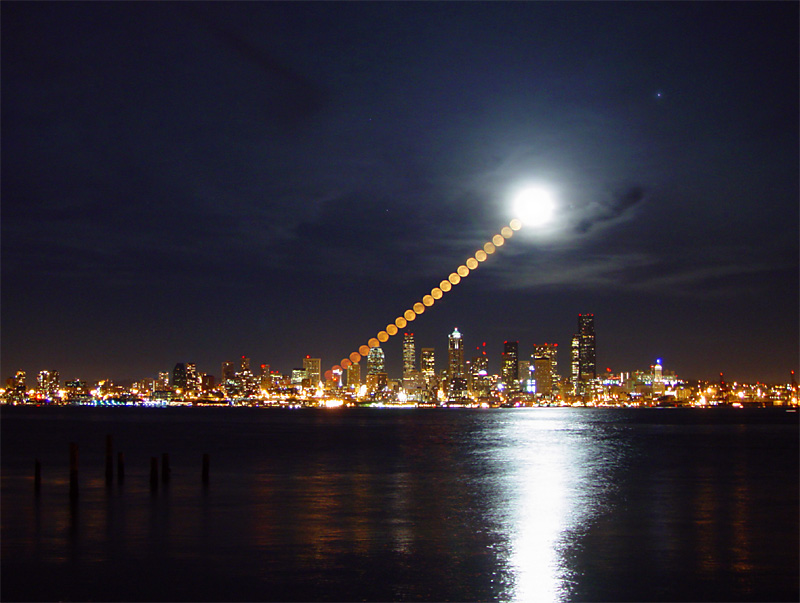WATCHMEN, written by Alan Moore (creator of the underrated V FOR VENDETTA), illustrated/lettered by Dave Gibbons, and originally published in serial form by DC Comics in 1986-87, was the only graphic novel named to the Time 100. I picked it up because Damon Lindelof, the co-creator of ABC's LOST, has dropped the occasional hint that some of the show's inspirations were derived from the apparently hugely influential WATCHMEN. I couldn't resist the challenge to see if I could glean some new insights into my favorite still-running show (where have you gone SAXONDALE!?), and other than a couple of Frank Miller
WHAT IF? was more than a comic, it was a pre-teen mantra.
WATCHMEN quickly overcame my skepticism about its placement on the list (I've now read 24 of the Time 100 and am eager to read one more to get that nice round percentage) and continued my recent trend of reading books that really delivered the goods down the home stretch. As with TCOMC, I was struck by a number of exceptionally written (or just plain fun to read) passages and took note of words that were either unfamiliar or needed a look-up to refresh my memory.
If there seem to be some long quotes for a graphic novel, it bears noting that at the end of each chapter there are a variety of "inserts" in the form of articles, book excerpts, interviews, etc. taken from the world of the Watchmen.
OK, with no further ado...
Chapter 3, Page 31
nepenthes |nəˈpenθēz| noun 1 (also nepenthe) |-θē| poetic/literary, a drug described in Homer's Odyssey as banishing grief or trouble from a person's mind. • any drug or potion bringing welcome forgetfulness. ORIGIN: via Latin from Greek nēpenthēs ‘dispelling pain,’ from nē- ‘not’ + penthos ‘grief.’
 The view from the aptly-named restaurant Nepenthe's deck in Big Sur.
The view from the aptly-named restaurant Nepenthe's deck in Big Sur.Chapter 3, Page 31
The new breed of villains... weren't as much fun to fight. All the cases I ended up investigating during the 50's seemed sordid and depressing and quite often blood-chillingly horrible. I don't know what it was... there just seemed to be a sort of bleak, uneasy feeling in the air. It was as if some essential element of our lives, of all our lives, was vanishing before we knew entirely what it was."
Chapter 9, Page 6
"There is no future. There is no past. Do you see? Time is simultaneous, an intricately structured jewel that humans insist on viewing one edge at a time, when the whole design is visible in every facet."
Chapter 11, Page 23
... and from the decks above a cheer went up, both gross and black, its stench affronting heaven.
Chapter 11, Page 32
"Oh, and I've heard some interesting new music from Jamaica... a sort of hybrid between electronic music and reggae. It's a fascinating study in the new musical forms generated when a largely pre-technological culture is given access to modern recording techniques without the technological preconceptions that we've allowed to accumulate, limiting our vision. It's called dub music. You'd like it, I'm sure."
Chapter 12, Page 7
tachyon |ˈtakēˌän| noun, Physics, a hypothetical particle that travels faster than light. ORIGIN 1960s: from tachy- [swift] + -on .
Chapter 12, Page 27
I did the right thing, didn't I? It all worked out in the end.
"In the end"? Nothing ends, Adrian. Nothing ever ends.
This last quote really affected me, in the same way that laying on the beach and staring up at the night sky does.







No comments:
Post a Comment